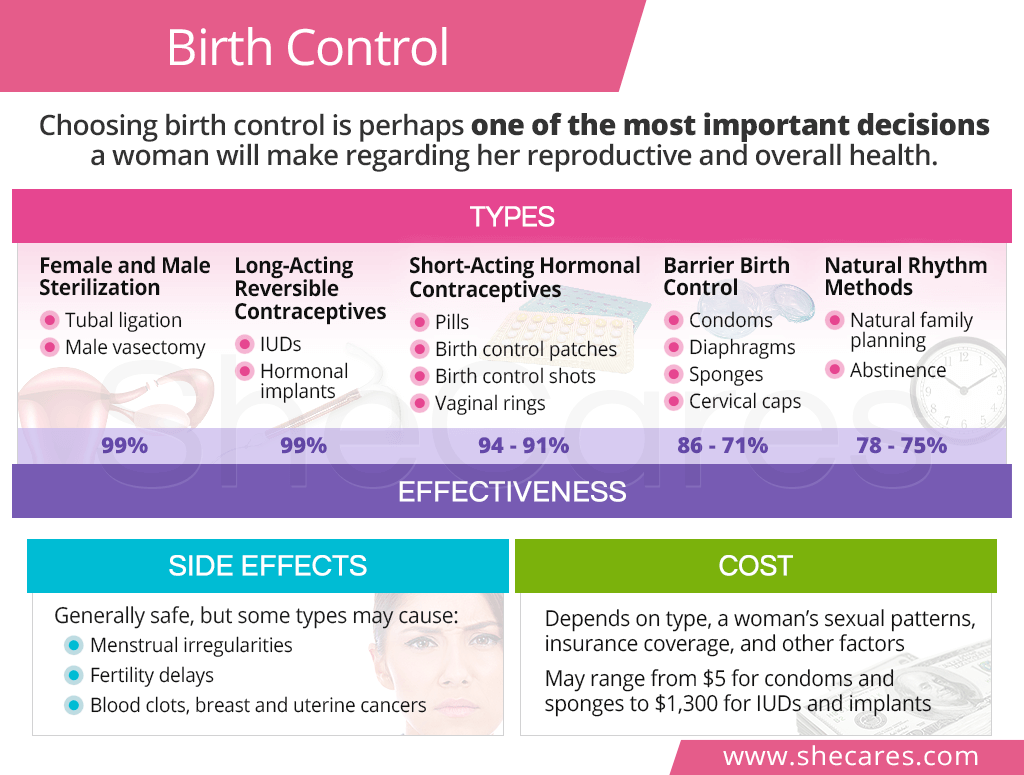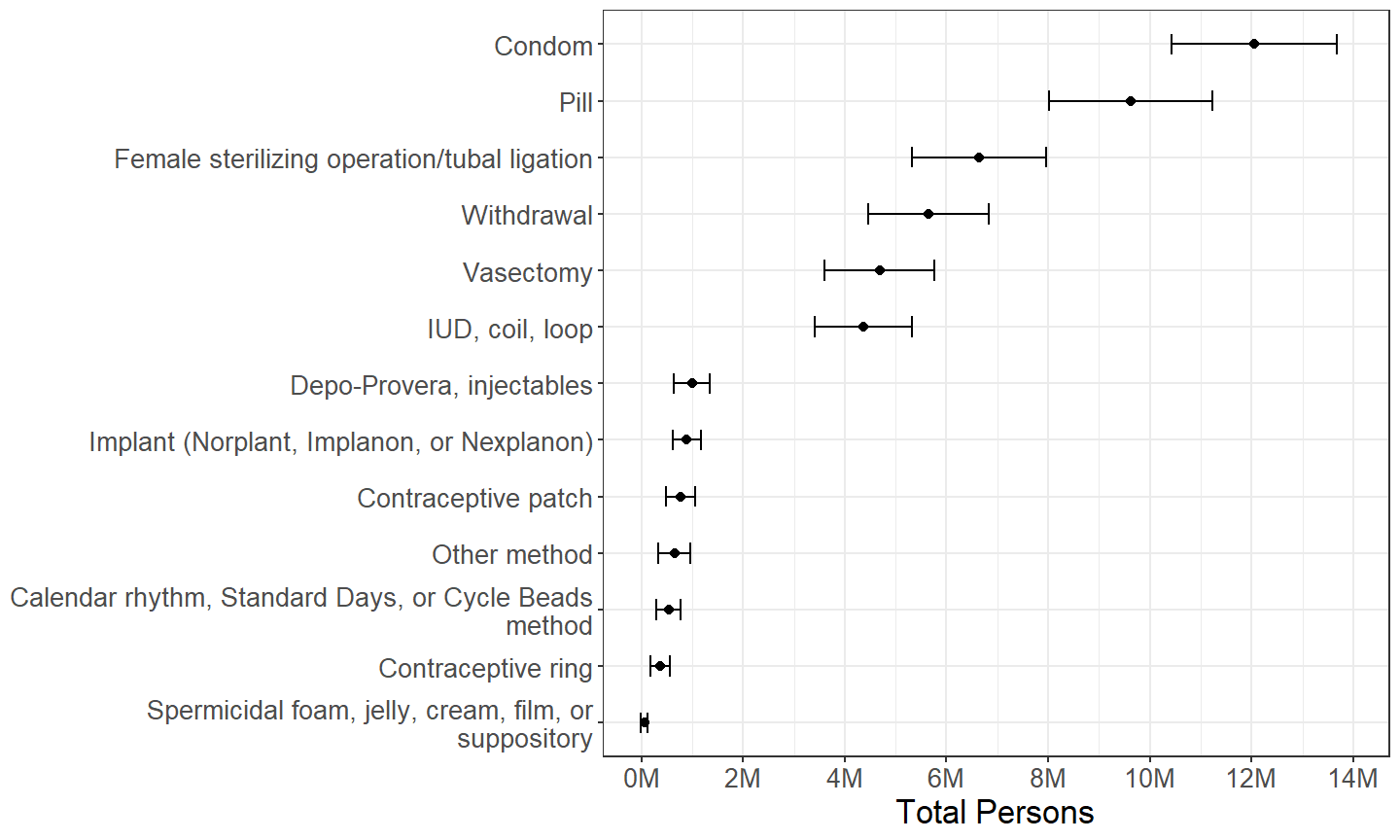Depo Provera Calendar 2021 – Want to be extra, super sure you didn’t accidentally get pregnant? Also, use a condom every time you have sex. Condoms are the only way to protect yourself from sexually transmitted diseases, so using condom injections is a good way.
The CDC adopted the WHO recommendation for self-administered DMPA-SC, guided by evidence that this practice improves contraceptive continuity and has similar pregnancy rates, adverse reactions, and related side effects compared to provider administration. Recent US SPR recommendations state that self-administered DMPA-SC should be available as an additional approach to providing injectable contraception (Box).
Depo Provera Calendar 2021
 Source: i.pinimg.com
Source: i.pinimg.com
If you are 2 weeks or more late getting the vaccine, your doctor or nurse may ask you to take a pregnancy test or tell you to use emergency contraception if you have had vaginal sex in the last 120 hours (five days).
Recommendation For Self-Administration Of Dmpa-Sc
Planned Parenthood provides essential reproductive health care, sexuality education and information to millions of people around the world. Planned Parenthood Federation of America, Inc. is a 501(c)(3) non-profit organization registered under EIN 13-1644147. Donations are tax deductible to the maximum extent permitted by law.
†† Studies in systematic reviews were identified by searching PubMed, CINAHL, LILACS, and EMBASE databases until September 2018. Meta-analysis was performed when several studies reported similar results. WHO used the Assessment, Development and Evaluation of Recommendations approach to develop these recommendations (the full evidence table can be found at https://apps.who.int/iris/bitstream/handle/10665/325487/WHO-RHR-19.13-eng .pdf?
uapdf iconexternal icon). It depends on how late you arrive. You can have a follow-up injection starting 10 weeks after the last injection or up to 15 weeks after the last injection. But if you take more than 15 weeks after your last shot, you should use backup birth control, such as condoms, for the first week after your shot.
Invited Expert Reviewers: Tammy Bennett, Louisiana Department of Health; Elise Berlan, The Ohio State University; June Gupta, Planned Parenthood Federation of America; John Harris, University of Pittsburgh; Jennifer Karlin, University of California, Davis; Maayan Leroy-Melamed, Tufts University;
What If I Forget To Get My Shots On Time?
Amy Margolis, US Department of Health and Human Services; Jamila Perritt, Reproductive Health Physician; Michael Policar, National Family Planning and Reproductive Health Association and University of California-San Francisco; Sally Rafie, University of California-San Diego; Jennefer Russo, Harbor Medical Center-UCLA;
Sarita Sonalkar, University of Pennsylvania; Jennifer Tang, Family Planning Society and University of North Carolina; Jennifer Villavicencio, American College of Obstetricians and Gynecologists; Michele Whitt, OCHIN; Tracey Wilkinson, Indiana University; Jacki Witt, National Family Planning Clinical Training Center;
Justine Wu, University of Michigan. If you receive the first contraceptive vaccine in the first 7 days from the start of your period, you are immediately protected against pregnancy. Otherwise, it takes a full week for the injection to become effective.
It’s a good idea to wait for sex or use a backup method like a condom for the first week. If you get the following injections on time (every 12-13 weeks), they will work immediately. DMPA-SC self-administration is safe and effective and may expand access to user-controlled contraceptive methods.
How Long Does It Take For The Shot To Work?
This option should be offered in a non-coercive manner through shared decision-making with a focus on patient preferences and equitable access to a variety of contraceptive methods, including provider-managed DMPA. Cookies are used to allow you to share pages and content you find interesting on CDC.gov through third-party social networks and other websites.
These cookies may also be used for advertising purposes by these third parties. You can start using a new hormonal method of birth control after you stop using the vaccine. And if you want to continue to prevent pregnancy, it is better to use a new method as soon as possible.
 Source: www.shecares.com
Source: www.shecares.com
If you decide you want to get pregnant after stopping taking the vaccine, you should know that the vaccine can delay your ability to get pregnant for up to 10 months. However, some people get pregnant shortly after stopping vaccination.
Fortunately, using a condom every time you have sex really reduces your chances of getting or spreading STDs. Another great thing about condoms is that they also protect against pregnancy, which means that using a condom along with the shot offers incredible pregnancy prevention power!
How Does The Birth Control Shot Work?
Contraceptive injections (sometimes called Depo-Provera, Depo injections or DMPA) contain the hormone progestin. Progestin prevents you from getting pregnant by preventing ovulation. When there is no egg in the tube, pregnancy cannot occur. It also works by thickening cervical mucus.
When the mucus in the cervix is thicker, sperm cannot pass through. And when the sperm and egg can’t come together, pregnancy can’t happen. All HTML versions of MMWR articles are generated from final proofs through an automated process.
This conversion may result in character translation or formatting errors in the HTML version. Users are referred to the electronic PDF version (https://www.cdc.gov/mmwr) and/or paper copies of the original MMWR for printable versions of the official text, figures, and tables.
These cookies allow us to count visits and traffic sources in order to measure and improve the performance of our website. It helps us understand which pages are the most popular and least popular and see how visitors move around the site.
Evidence And Rationale
All information collected by this cookie is aggregated and therefore anonymous. If you do not allow these cookies, we will not know when you visit our site and will not be able to monitor its performance.
How long it stays in the system or lasts after you stop using it is a little different for everyone. They can take months to disappear. The length of time you use the injection does not affect how long it takes for the hormone in the injection to leave your system.
If you inject more than 15 weeks after the last injection, wait for sex or use a back-up method, such as a condom, for the first week to prevent pregnancy. Condoms also help prevent the spread of sexually transmitted diseases.
After your doctor or nurse gives you a depo injection, it releases a hormone called progestin into your body. Progestin prevents you from getting pregnant by preventing ovulation. It also works by making cervical mucus thicker.
How Do I Make The Shot Work Best For Me?
When cervical mucus is thicker, sperm cannot pass through. And when the sperm and egg can’t come together, pregnancy can’t happen. If the nurse or doctor gives the Depo injection at the health center, the injection will go into the outer part of the arm or cheek.
Your nurse or doctor may change the area each time you get the vaccine. If you have vaginal sex without using a condom more than 15 weeks after the last injection, you should consider using emergency contraception.
Source: journals.plos.org
You may need to take a pregnancy test before your next injection. The best way to prevent pregnancy when using injections is to be very careful to get subsequent injections on time. You can start using contraceptive injections whenever you want.
If you receive the first injection in the first 7 days from the start of your period, you are immediately protected against pregnancy. If you are exposed at another time in your cycle, you should use another form of birth control (such as a condom) for the first week after vaccination.
Where Can I Get The Birth Control Shot?
yes already. The hormones in the birth control vaccine do not affect breast milk or the amount of milk produced, and will not affect the baby. The injection is a safe method of birth control that can be used while breastfeeding and is excellent for preventing pregnancy.
You can start using injections immediately after birth. DMPA-SC is a Food and Drug Administration (FDA)-approved progestogen-only injectable contraceptive method similar to intramuscular DMPA (DMPA-IM) but delivered subcutaneously.* DMPA-SC and DMPA Eligibility and Supply Recommendations – IM included in the U.S.
Medical Eligibility Criteria for Contraceptive Use (U.S. MEC) and U.S. SPR and the same for both formulations (1,3). In 2017-2019, 2% of US women aged 15-49 years used DMPA (IM or SC) for contraception; use is most common in young women (ages 15-24), non-Hispanic women, and low-income women.†,§ Because DMPA-SC is administered subcutaneously, the approach is suitable for self-injection.¶ Results from US and international studies indicate that DMPA
-Self-administered SC improves contraceptive continuation rates and has pregnancy rates, side effects, and side effects similar to those associated with provider administration (4). For all other periods, use another form of birth control (such as condoms) for the first week after the first vaccination.
As long as you take your shots at the right time, you won’t need a backup method of birth control after the first week. But remember that it is still important to use condoms to protect yourself from sexually transmitted diseases.
A systematic review published in 2019 (4) included two US RCTs that reported implementation results (6,7). Participants in both studies were given a short training session using information from the DMPA-SC package insert, after which they were able to self-administer DMPA-SC.
In one study, 97% of participants reported that injections were easy to administer at 12 months, and 87% reported high satisfaction with self-administration at 12 months, which was similar to provider administration (92%). (7). An additional US study on the implementation of self-administered DMPA-SC during the COVID-19 pandemic found that 37% of DMPA-IM patients contacted were interested in self-administering DMPA-SC, and 58% of those interested reported that they had initiated it.
himself. – administration (8). Reasons for not initiating the approach include the decision not to self-manage, relocation, and pharmacy and insurance barriers (8). If you have Depo injections that you can do at home, you inject yourself in the abdomen or upper thigh.
You will receive instructions that will show you how to give a shot. If you have any questions, you can ask the nurse or doctor who prescribed the vaccine. To achieve full contraceptive strength, you must remember to take another shot every 12-13 weeks.
That is, every 3 months or 4 times a year. In most cases, a doctor or nurse should give the vaccine. So you have to make an appointment at the health center, then remember to go to the appointment.
 Source: borninquisitive.com
Source: borninquisitive.com
But you can also get a supply of injections at the health center to take home and give yourself. You can use our birth control app to track when you are due for your next shot and your next appointment.
Suggested citations for this article: Curtis KM, Nguyen A, Reeves JA, Clark EA, Folger SG, Whiteman MK. Updates to Selected US Exercise Recommendations. for contraceptive use: Self-administration of subcutaneous medroxyprogesterone acetate. MMWR Morb Mortal Wkly Rep 2021;70:739–743.
DOI: http://dx.doi.org/10.15585/mmwr.mm7020a2external icon. You can start using contraceptive injections whenever you want. If you receive the first contraceptive vaccine in the first 7 days from the start of your period, you are immediately protected against pregnancy.
If you get the vaccine within 7 days of a miscarriage or abortion, you are also immediately protected against pregnancy. If you receive the vaccine within 3 weeks of birth, you are also immediately protected. In most cases, a doctor or nu
rse should give the vaccine.
So you have to make an appointment at the health center, then remember to go to the appointment. But you can also take pictures at the health center to take home and give yourself. You can use our birth control app to track when you are due for your next shot and your next appointment.
As part of the 2019 guidelines on self-care interventions for sexual and reproductive health and rights, the WHO recommends that self-administered injectable contraceptives be made available as an additional approach to providing injectable contraception to people of reproductive age (2).
The guidelines note that people can access information to guide their decisions, use appropriate technology and seek health services and professional help when needed (2). This approach is consistent with a shared decision-making model to meet the patient’s pregnancy planning and reproductive health needs, focusing on patient preferences and access to various contraceptive methods to reduce the risk of coercion** (5).
Because of the WHO recommendation, the CDC began the process to determine whether to add recommendations regarding self-administration of DMPA-SC to the US SPR update. Self-administered DMPA-SC can improve access to contraception by removing barriers, such as direct visits to health providers, while promoting empowerment through self-care.
Similar to the WHO recommendation, the CDC emphasized that self-administered DMPA-SC should be available as an adjunctive approach; DMPA provided by the provider should be kept available. Self-administered DMPA-SC should be offered in a non-coercive, person-centred and equitable manner as part of access to various contraceptive methods.
Planned Parenthood provides essential reproductive health care, sexuality education and information to millions of people around the world. Planned Parenthood Federation of America, Inc. is a 501(c)(3) non-profit organization registered under EIN 13-1644147. Donations are tax deductible to the maximum extent permitted by law.
MMWR and Morbidity and Mortality Weekly Report are service marks of the US Department of Health and Human Services. The use of trade names and commercial sources is for identification only and does not imply endorsement by the U.S. Department.
Health and Human Services. References to non-CDC sites on the Internet are provided as a service to MMWR readers and do not constitute or imply endorsement of that organization or its programs by CDC or the US.
Department of Health and Human Services. CDC is not responsible for the content of pages found on these sites. URLs listed in MMWR are current as of publication date.
depo provera calendar printable pdf, depo shot calendar 2021, depo provera schedule pdf, depo calendar 2021 printable, depo calendar 2021 pdf, depo schedule 2021, depo provera perpetual calendar 2021, depo chart 2021

